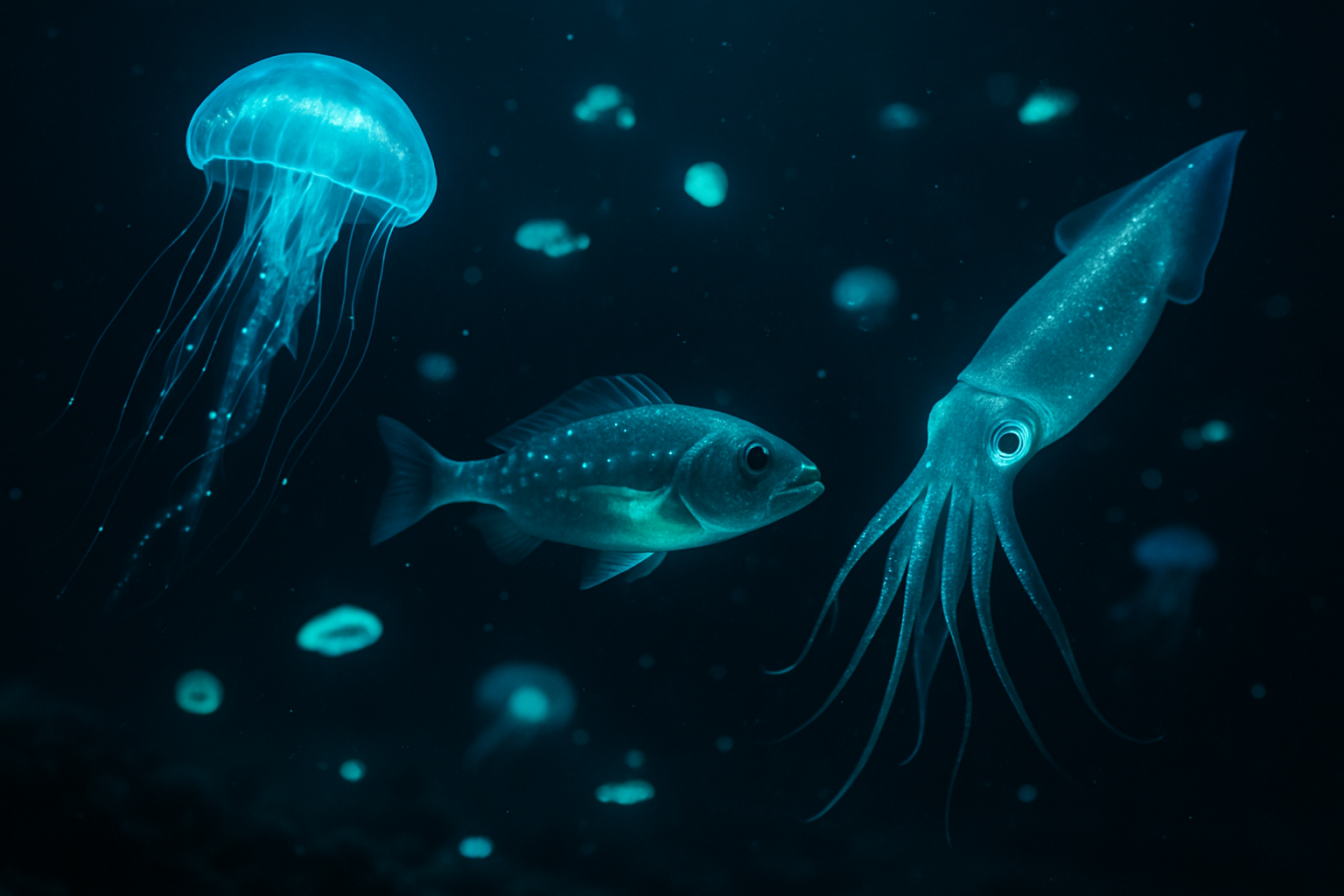The Surprising Intelligence of Octopuses: Unraveling Cephalopod Cognition
In the depths of our oceans, a remarkable creature with extraordinary cognitive abilities continues to astound scientists and marine enthusiasts alike. The octopus, with its eight arms and otherworldly appearance, harbors a level of intelligence that challenges our understanding of animal cognition. This article delves into the fascinating world of octopus intelligence, exploring their problem-solving skills, adaptive behaviors, and the implications for our perception of invertebrate intelligence.

The Unique Brain Structure of Octopuses
Unlike vertebrates, octopuses possess a decentralized nervous system, with the majority of their neurons distributed throughout their arms. This unique configuration allows for rapid information processing and independent arm movement. The central brain, located between the eyes, coordinates complex behaviors and decision-making processes. This distributed intelligence enables octopuses to multitask efficiently, controlling each arm independently while simultaneously processing sensory information from their environment.
Problem-Solving and Tool Use
One of the most striking aspects of octopus intelligence is their ability to solve complex problems and use tools. In laboratory settings, octopuses have been observed unscrewing jar lids to access food, stacking rocks to create shelters, and even using coconut shells as portable homes. These behaviors demonstrate not only their cognitive flexibility but also their capacity for planning and foresight.
Memory and Learning
Contrary to popular belief, octopuses possess impressive memory and learning capabilities. They can remember the solutions to puzzles for months, even after solving them only once. This ability extends to recognizing individual human faces and forming preferences for certain caretakers in captivity. Their capacity for observational learning allows them to acquire new skills by watching others, a trait previously thought to be limited to more advanced vertebrates.
Emotional Intelligence and Personality
Recent studies have revealed that octopuses exhibit distinct personality traits and emotional responses. Researchers have observed behaviors indicative of play, curiosity, and even mischief. Some octopuses show preferences for certain toys or enrichment activities, while others display varying levels of boldness or shyness when interacting with their environment. This individual variation in behavior suggests a level of emotional complexity previously unrecognized in invertebrates.
Camouflage and Communication
Perhaps one of the most awe-inspiring abilities of octopuses is their mastery of camouflage. Their skin contains specialized cells called chromatophores, which allow them to change color and texture rapidly. This skill is not merely a reflexive response but involves complex decision-making processes. Octopuses can assess their surroundings and choose the most effective camouflage strategy, demonstrating an advanced understanding of their environment and potential threats.
Implications for Animal Intelligence Research
The study of octopus intelligence has profound implications for our understanding of animal cognition and the evolution of intelligence. It challenges the notion that advanced cognitive abilities are limited to vertebrates with centralized nervous systems. The convergent evolution of intelligence in octopuses, which last shared a common ancestor with humans over 500 million years ago, suggests that there may be multiple evolutionary pathways to complex cognition.
Ethical Considerations in Cephalopod Research
As our understanding of octopus intelligence grows, so do the ethical considerations surrounding their use in research and captivity. Many countries now include cephalopods in animal welfare legislation, recognizing their capacity for suffering and the need for enriched environments. Researchers are developing new, non-invasive methods to study octopus cognition, balancing scientific inquiry with ethical treatment of these remarkable creatures.
The Future of Octopus Research
The field of octopus intelligence research is rapidly expanding, with new discoveries continually challenging our preconceptions about invertebrate cognition. Future studies may focus on unraveling the genetic basis of octopus intelligence, exploring their social behaviors in the wild, and developing more sophisticated methods to communicate with these enigmatic creatures. As we continue to learn more about octopus intelligence, we may gain valuable insights into the nature of consciousness and the diverse forms that intelligence can take in the animal kingdom.
In conclusion, the study of octopus intelligence offers a fascinating glimpse into the cognitive capabilities of these remarkable cephalopods. Their problem-solving skills, adaptive behaviors, and complex nervous systems challenge our understanding of animal cognition and raise important questions about the nature of intelligence itself. As research in this field progresses, we may find that octopuses have even more surprises in store, further blurring the lines between human and animal intelligence.




